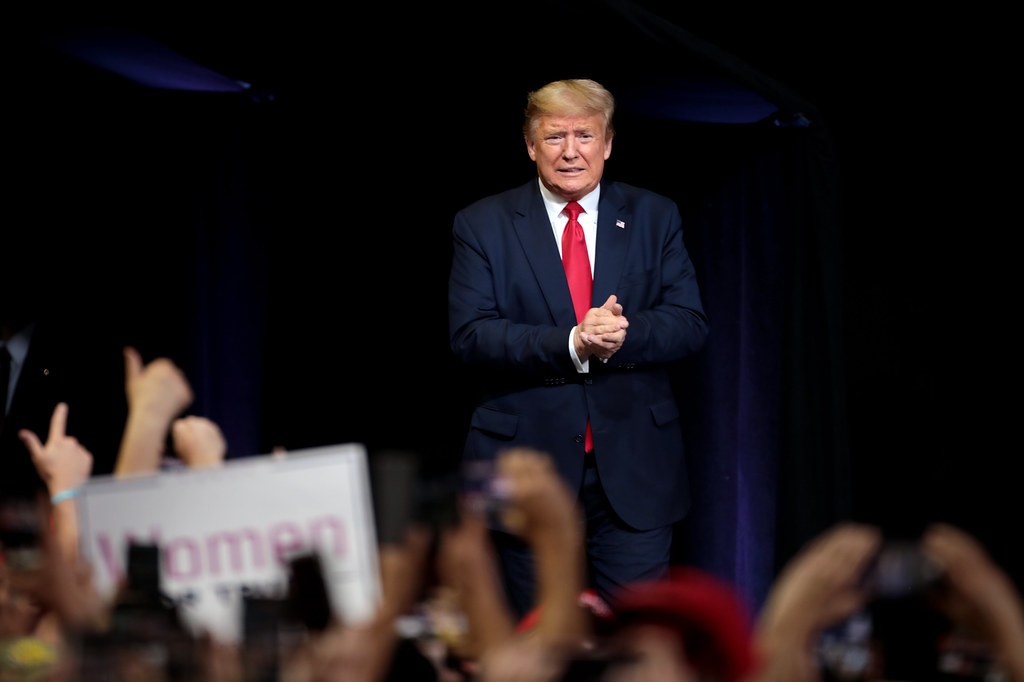Last month, the New York Times revealed that President Trump paid just $750 in federal income taxes in 2016, and again in his first year occupying the White House. Furthermore, Trump paid no income tax at all in 10 of the 15 years before his presidency. Forbes estimated the ‘billionaire-in-chief’s’ current net worth at $2.5 billion, despite Trump claiming to have lost more money than he made.
To put this in perspective, nurses in the US pay an average of $10,000 in tax each year. This dwarfs the meagre sum paid by a man who resides in the top 1% of the global elite. Despite Trump’s best efforts to reframe his tax avoidance as a demonstration of his smartness, the deviance of his actions is clear.
The impact of this bombshell report should not be belittled. Scrutiny of Trump’s finances comes at a crucial point in his battle for re-election, with less than a month until Americans head to the polls in November.
Political rivals lined up to criticise the President. Democratic nominee, Joe Biden, strategically released his tax records hours before the first Presidential debate. This reinforced that the murkiness of Trump’s financial dealings is a break from the transparency of previous Presidential candidates. We know already that Trump is not one to follow convention.
Democratic Speaker of the House, Nancy Pelosi, took aim at the President next. She called Trump’s personal loans and debts, totalling $400 million, an issue of “national security”. Frighteningly, any of Trump’s unknown lenders have both unprecedented financial and political leverage over a sitting US President.
Pelosi then took it further by suggesting that Trump could be personally indebted to Russian President, Putin. A reminder that Trump publicly sided with Putin over the FBI at the 2018 Helsinki Summit. Ironically, Trump is now being confronted with the same labels that he used against the “puppet” and “crooked” Hilary Clinton in the 2016 election.
In regards to his image, the President’s financial issues are a far cry from his successful mogul persona, born out of the show ‘The Apprentice’. Coupled with his recent admission to hospital, after contracting Covid-19, Trump appears noticeably weaker. He is no longer untouchable.
In addition, the loopholes used by Trump to avoid paying tax are reflective of a wider, elitist US tax system. Amid an economic recession, this may alienate the ‘forgotten Americans’ who Trump’s populist rallying cry once appealed to.
On the other hand, one could question how detrimental the New York Times report will be to the Trump 2020 machine. Over 4 years, Americans have been numbed to the chaos of the Trump presidency. A conflict of interest between Trump’s personal businesses and political duty is nothing new. Is this report just one of many to be lost in the election media storm?
The full effect of the New York Times report is difficult to quantify. Biden maintains a narrow lead over Trump in the polls, but democrats are cautious not to be complacent. Clinton’s surprising defeat in 2016 is an eery reminder of this uncertainty.
Trump’s first term as President will finish how it started: in controversy. However, something feels different this time. The news reports from the Covid-19 pandemic, wildfires in California and Black Lives Matter riots, are that of a post-apocalyptic movie. Trump’s incompetence is obvious.
For undecided American voters, the offer by Biden to return to the relative stability and serenity of the Obama administration has never been more appealing.
Marcus Lindley
Image Source: Wikimedia Commons

